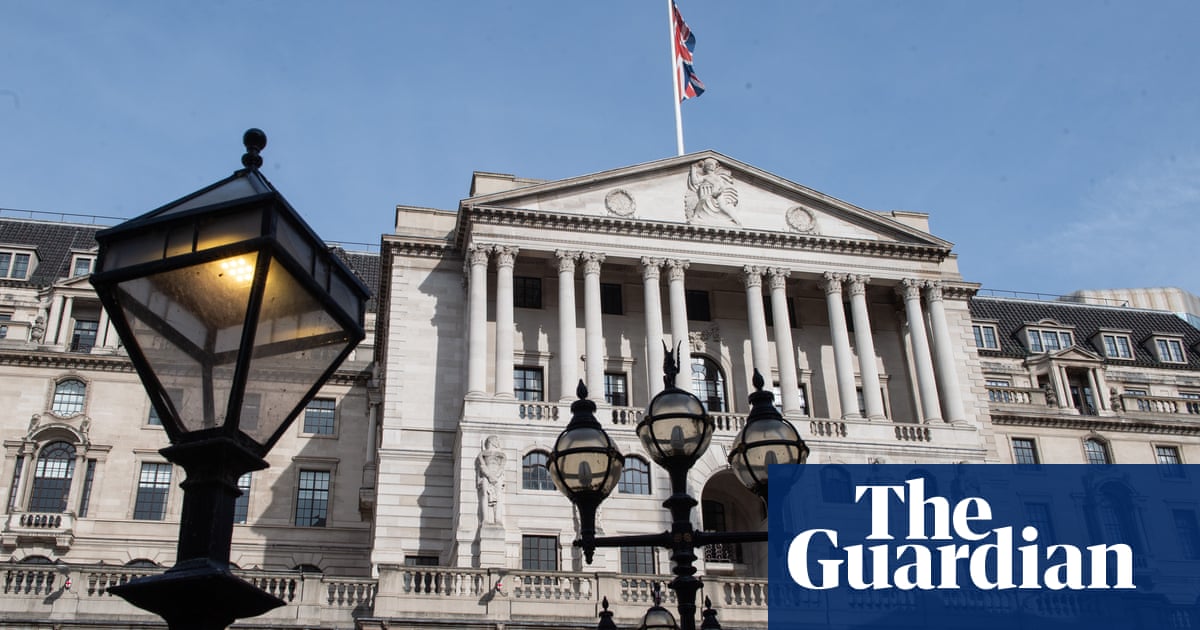
The reaction in the West to the death of Qassem Soleimani has been driven mainly by what we think will happen next. There has been little consideration of what it means for millions in the Middle East, summed up in the words of one of my Yemeni colleagues: “Our world got rid of a mass murderer”.
In contrast, the dominant reaction from the Western commentariat and (particularly left-wing) political class has been one of horror. Soleimani"s crimes received little initial analysis. The BBC gave scant attention, on its flagship Today radio news program, to the fact that Soleimani was responsible for the deaths of British and American soldiers.
When the Kata’ib Hezbollah militia attacked the US embassy in Baghdad last week, Western media reported “protests” and, mostly without irony, the words of one of the protest leaders denouncing US interference in Iraq. For their readers and watchers, it might have been useful to know that those denouncing US interference were agents of Iranian interference. It is no coincidence that Soleimani was killed alongside the leader of Kata’ib Hezbollah, but this link is also largely ignored in Western coverage.
The understanding of the Western audience is further undermined by the bald descriptions of Soleimani as an “Iranian general,” or even, by one major UK broadcaster, a “respected military leader.” Comparisons are being drawn to America’s top generals of the past two decades. Meanwhile, supporters of President Trump’s actions are drawing comparisons to Abu Bakr Al-Baghdadi and Osama bin Laden (though given the Quds Force was designated a supporter of terrorism by the US administration in 2007, that comparison may be justified).
But both of descriptions — respected general or terrorist leader — miss the point. Soleimani was both, and neither. Unlike the Al-Qaeda and Daesh leaders, his activities in support of terrorist organisations were on behalf of a state, and in any case on a totally different scale. At Daesh’s zenith, Baghdadi could claim the support of affiliated groups in countries around the world — but only in very few countries were those groups a significant force. Soleimani did not claim the allegiance of any group, but ordered the affairs of non-state violent militias in at least four countries to determine their political direction, along with support for destabilizing terror in countries further afield.
Qassem Soleimani was not a “top general” in the conventional sense; nor was he a terrorist leader. He was something worse: Someone who was acting under the authority of a major regional power, more or less with impunity, to deliver untold suffering to millions of people in many countries, all in the name of spreading an ideology of theocratic government through the Islamic world.
Peter Welby
But unlike generals such as Petraeus or McChrystal, Soleimani did not command conventional forces. The Quds Force has been active in Syria and Iraq for years, but you will rarely find its members in uniform. When it is talked about as an “elite military force,” it brings up images of the SAS or the US Navy Seals. But while you won’t find a Navy Seal in the US diplomatic corps any time soon, Soleimani told Petraeus that the Iranian Ambassador to Baghdad was an active-service Quds Force member.
The Quds Force is elite in the sense that it is very good at what it does — but what it pursues is the Iranian regime’s policy of regional destabilization, and undermining of the global order and good governance. There is a dissonance to that description and the word “elite,” like calling a mass murderer an “elite assassin.”
So no, Qassem Soleimani was not a “top general” in the conventional sense; nor was he a terrorist leader. He was something worse: Someone who was acting under the authority of a major regional power, more or less with impunity, to deliver untold suffering to millions of people in many countries, all in the name of spreading an ideology of theocratic government through the Islamic world.
There is a final major flaw in the Western coverage of Soleiman’s killing; its description as an “act of war.” I don’t take issue with the claim itself (whether it leads to war is entirely up to Iran), but with the suggestion given by the absent context that this is somehow an unprovoked action, coming out of the blue. I can name several acts of war that have taken place around the Arabian Gulf in the past year: The reckless planting of limpet mines on commercial shipping; the shooting down of military aircraft; the unprovoked seizure of oil tankers; a missile and drone attack on major economic infrastructure. The common denominator to all of these “acts of war” is that they were carried out by Iran, directly, not through a militia.
Iran itself has escalated tensions and raised the specter of open war. International relations is Hobbesian; it is a state of nature, in which those who cannot defend themselves and have no allies to draw alongside are preyed upon by the powerful. There is no international police force. The only way that international norms are maintained is by the threat or use of force against those who violate them.
Soleimani has already been replaced, and Iran’s actions are likely to continue. They must be met by international resolution, and this will be achieved only when commentators and politicians in both the West and the Middle East recognize that Iran with its current policies poses a threat to global peace that must be countered until those policies change.
Peter Welby is a consultant on religion and global affairs, specializing in the Arab world. Previously he was the managing editor of a think tank on religious extremism, the Centre on Religion & Geopolitics, and worked in public affairs in the Arabian Gulf. He is based in London, and has lived in Egypt and Yemen. Twitter: @pdcwelby.
Disclaimer: Views expressed by writers in this section are their own and do not necessarily reflect Arab News" point-of-view












